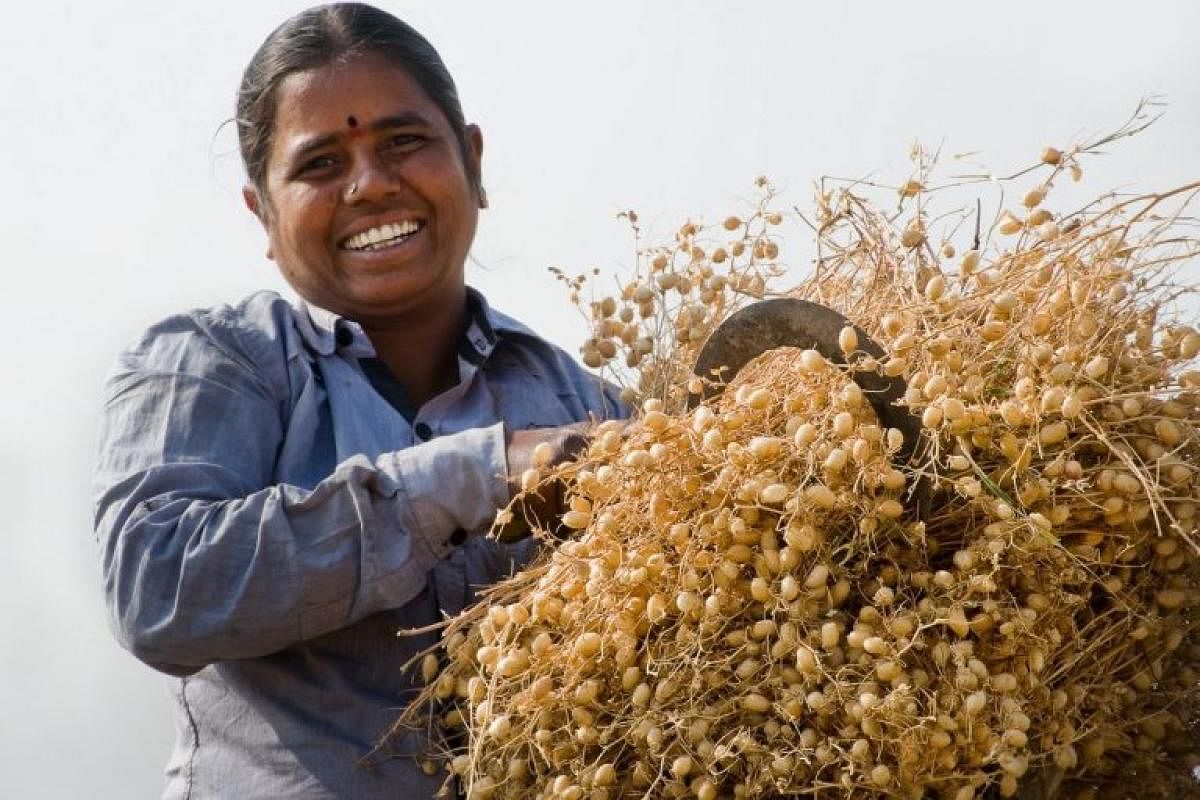
In a major breakthrough, scientists from 21 research institutes across the globe, have completed sequencing 429 chickpea lines from 45 countries to identify genes that can withstand drought and heat conditions.
The efforts equipped the team with key insights into the crop’s genetic diversity, domestication and agronomic traits.
The study also confirms that chickpea came to India from Fertile Crescent, Mediterranean via Afghanistan and may have been introduced back to the primary centres of origin after 200 years. The new study speculates about the possible introduction of chickpea to the New World directly from Central Asia or East Africa rather than the Mediterranean.
The team led by the International Crops Research Institute for the Semi-Arid Tropics (ICRISAT) here in close collaboration with the BGI-Shenzhen, China, involved 39 scientists from leading research institutes world over. This is the largest-ever exercise of whole-genome re-sequencing of chickpea.
What this means to the agricultural community is potential development of newer varieties of chickpea with higher yields, which are disease-and-pest-resistant, and better able to withstand the vagaries of weather, an ICRISAT release said.
The results of the three-year-long efforts have now been published in Nature Genetics online with the title, ‘Resequencing of 429 chickpea accessions from 45 countries provides insights into genome diversity, domestication and agronomic traits’.
Yield loss
More than 90% of chickpea cultivation area is in South Asia. Drought and rising temperatures are said to cause more than 70% yield loss in chickpea globally. Chickpea being a cool season crop is likely to suffer a further reduction in productivity due to rising temperatures.
“The genome-wide association studies identified several candidate genes for 13 agronomic traits. For example, we could identify genes (e.g. REN1, β-1, 3-glucanase, REF6) which can help the crop tolerate temperatures up to 38 degrees C and provide higher yield,” says Dr Rajeev Varshney, the project leader and Research Program Director, Genetic Gains, ICRISAT.
“This new found knowledge will enable breeders to enhance the use of diverse germplasm and candidate genes in developing improved (climate change-ready) varieties that will contribute significantly to the increased productivity and sustainability of agricultural development in developing countries,” said Dr Peter Carberry, Director General, ICRISAT.